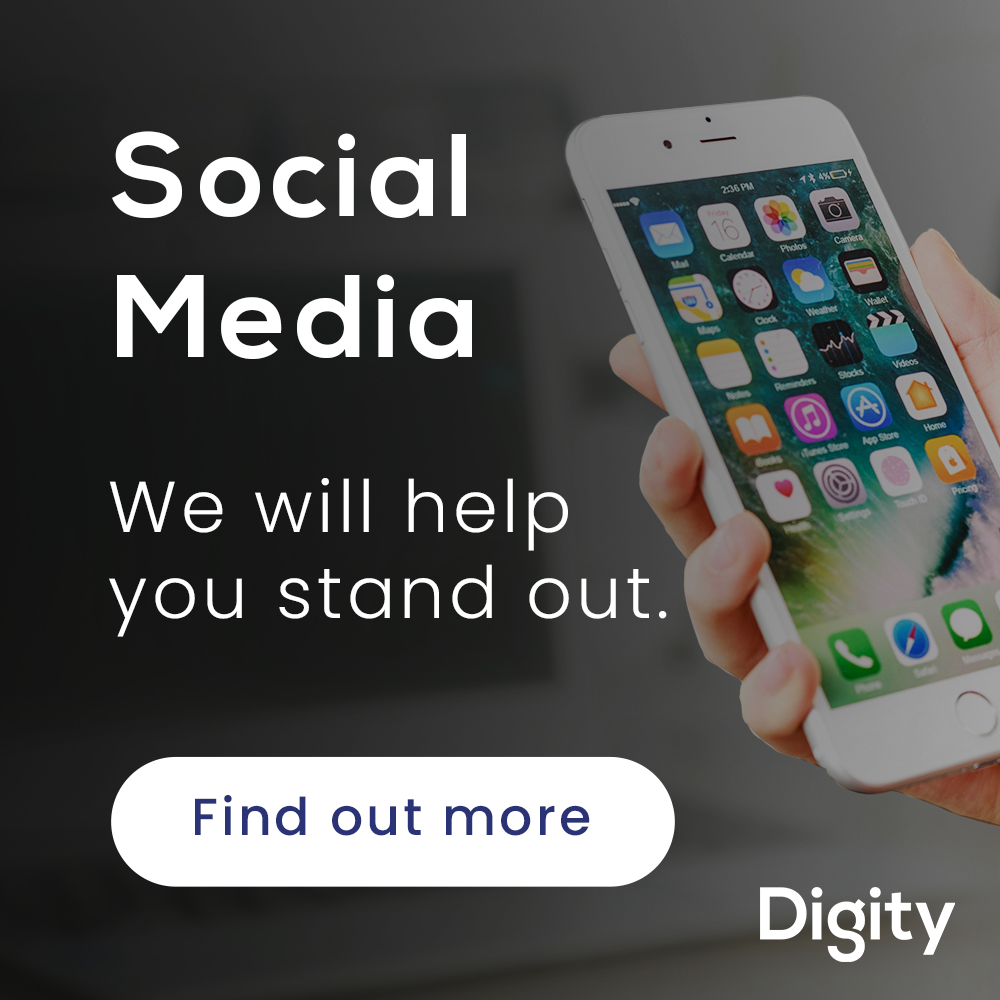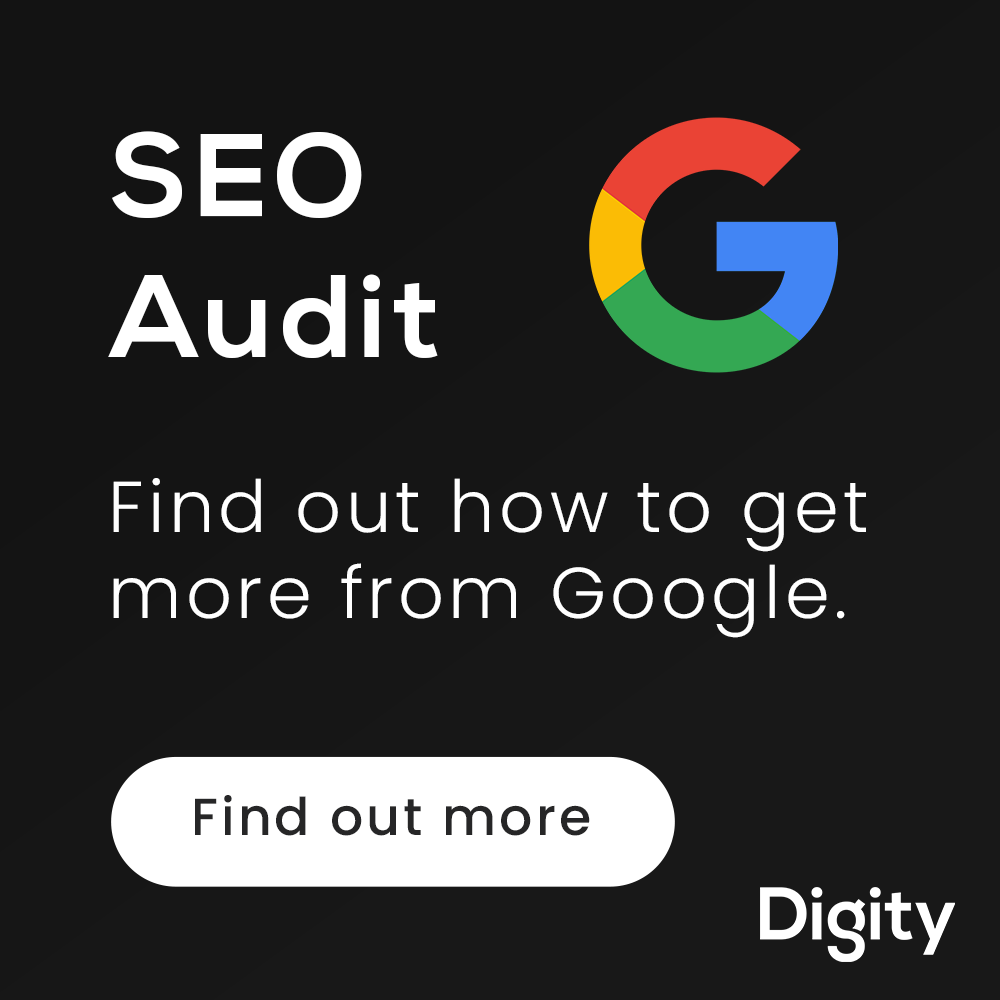The Move to Meta: Facebook’s Rebrand and What this means for Facebook Advertising
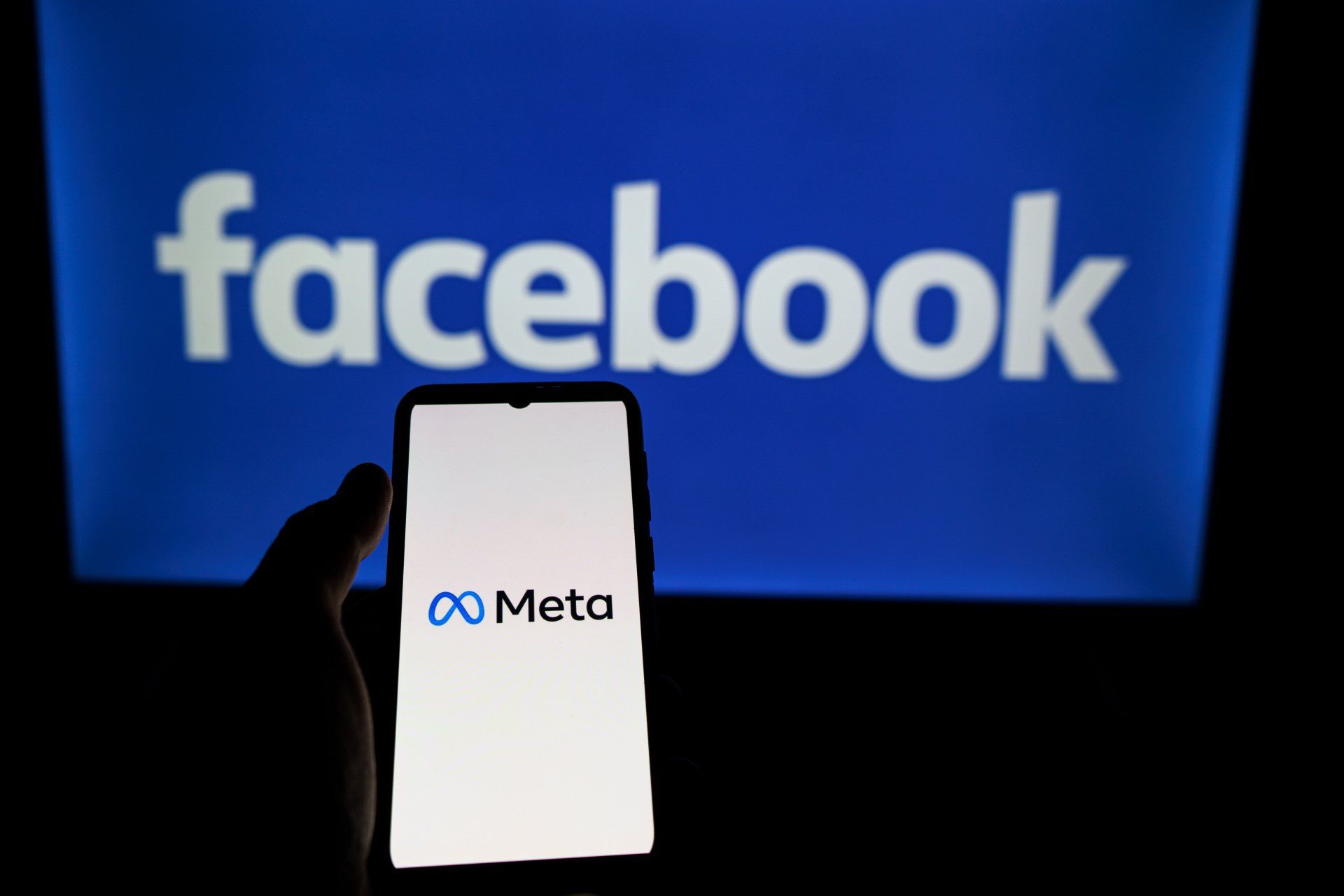
Last month, Mark Zuckerberg, Facebook’s Chief Executive, announced a rebrand to ‘Meta’. The rebrand has two major goals: To create a metaverse and to target a younger audience - But what does this mean and how is it likely to affect users and advertising?
What is a Metaverse?
The idea of the metaverse is not new. The concept originates from Snow Crash, a dystopian novel from the 1990s in which people flee the crumbling real world to be fully immersed in a virtual one. While the metaverse in Snow Crash is ultimately a con, Zuckerberg is trying to reclaim the metaverse as a utopian idea that will unlock an entirely new economy of virtual goods and services.
“Facebook plans to spend at least $10 billion this year on Facebook Reality Labs, its metaverse division tasked with creating AR and VR hardware, software, and content.”
-
The Verge
Mark Zuckerberg, Facebook’s Chief Executive and founder of Meta said he hoped the “Metaverse” would create a new ecosystem to connect and create and would represent the “next chapter of social connection.” He intends to bring together the digital world and the real-world closer through virtual reality (VR) and augmented reality (AR), believing that in the next decade, people be immersed in a 3D version of the internet. Zuckerberg estimates it will take 10-15 years before the metaverse becomes reality.
See the tweet.
What Does This Mean for Facebook Advertising?
Higher Cost
Although virtual reality may sound exciting, it also is likely to come at a high cost.
Facebook is currently free and although ads do cost money, with dedication companies can build up a large organic following on Facebook pages and groups. Audiences can follow and interact with your business for free, making it a valuable and cost-effective business tool.
In contrast, a virtual reality platform would require equipment before users can even use the platform. Virtual reality headsets cost around £300 and more, for a good quality one. Although this price will hopefully drop in the coming years, it is unlikely that everyone will want to buy a headset to use the platform. For small businesses and start-ups, the idea of spending money on virtual reality equipment when there are plenty of free social media platforms is likely to seem unnecessary.
The Facebook Audience May Change
Of course, Facebook is likely to attract new users who are interested in virtual reality, however, it is likely to alienate a lot of users too. If your business targets a demographic that isn’t interested in VR, you might have to migrate to a different platform too.
Meta or No Meta, Facebook Advertising Has Already Got Worse
Even if Facebook didn’t rebrand to Meta, Facebook advertising has already gone dramatically downhill following Apple iOS privacy updates earlier this year. Apple’s iSO 14.5 turned off IDFA (Identifier for Advertisers) by default meaning that users had to manually allow each app to track activity. This gives consumers more control over the data they share with advertisers and publishers.
For Facebook ads, this has been very bad news, affecting targeting, reporting and optimisation of ads. With the vast amount of users opting out of tracking, audiences for retargeting and lookalike audiences are now a lot smaller. Apple’s introduction of a Private Click Measurement (that creates a three-day delay in attribution data) from iOS 14.5 users, has caused advertisers to see fewer reported conversions with the Facebook Ads Manager, skewing their data.
Roughly only 17% of people worldwide are opting into tracking -
Flurry
Apple’s update is likely to have caused numerous issues for businesses that rely on Facebook ads to sustain their business. Metaverse or not, Facebook still has millions of users and it isn’t going away anytime soon. Our advice is to ensure you advertise on multiple platforms to ensure that, no matter how Facebook changes, you can maintain a successful marketing strategy without being overly dependent on any one platform.
This blog post was written by:
Find out more
If you'd like to see how our team can help your business, get in touch:
